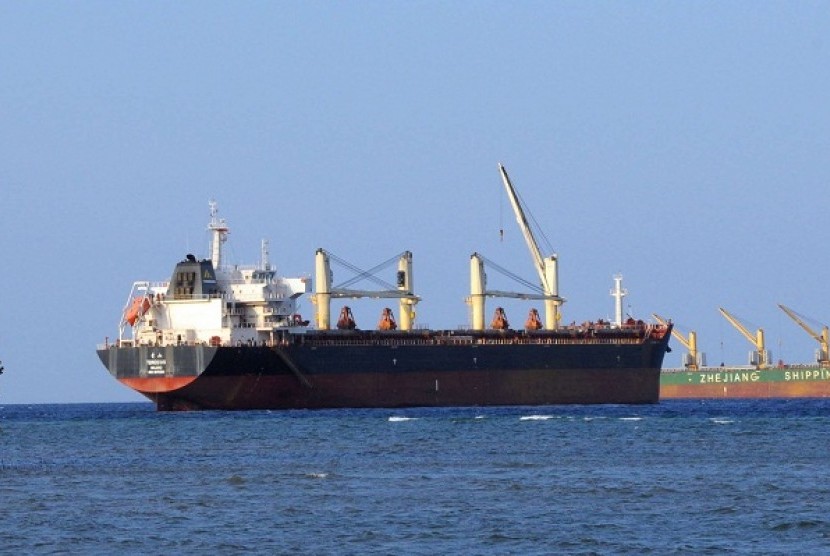REPUBLIKA.CO.ID, LONDON - Nickel hit a 14-month high on Tuesday as traders digested Chinese data that showed just how far an Indonesian ban on exports of unprocessed minerals has tightened market balances. Also boosting nickel was the risk that the Ukraine crisis may disrupt supplies from Russia, the world's second-largest nickel producer, if Western powers impose further economic sanctions on Moscow.
Three-month nickel on the London Metal Exchange, which reopened on Tuesday after the four-day Easter holiday, hit a session high of 18,332 USD a tonne, its loftiest since Feb. 18 last year. It closed at 18,325 USD a tonne, up 2.2 percent.
Nickel has fallen on only one trading day this month. It has gained more than 30 percent this year, outperforming other base metals, including copper. Analysts do not expect the rally to lose steam anytime soon.
"It doesn't look like there's a significant chance of the (Indonesian) ban being lifted this year; maybe partially, but not fully. All the major (election) candidates are pro the ban," said Wiktor Bielski, VTB Capital's head of commodities research.
"It looks like we're going to see (Chinese) nickel pig iron production down 10 to 20 percent this year ... so the fundamental backdrop for the price rise is there."
China's imports of nickel ore from Indonesia slumped to less than 1 million tonnes in March from an average of 3.4 million tonnes a month last year, customs data showed on Monday. Indonesia was the main source of nickel ore for top buyer China before Jakarta banned shipments of unprocessed minerals from January.
Prices for nickel ore - often used as a substitute for refined nickel by stainless steel plants - have surged in China, raising the prospect that mills will use refined nickel instead of the ore.
Meanwhile, investors waited to see whether US and European officials would make good on promises to impose new economic sanctions on Russia if pro-Moscow separatists do not leave government buildings they have occupied in eastern Ukraine. The possibility of sanctions against Russia, which accounts for 12 percent of global nickel production, has accelerated price increases, Bank of America Merrill Lynch analysts said in a note.
The impact of Indonesia's ban on exports of unprocessed mineral took effect in January, but arrivals of nickel ore into China only dropped steeply in March. In January, China's nickel ore imports from Indonesia, the world's biggest supplier, stood at more than 6 million tonnes before falling by half in February.


